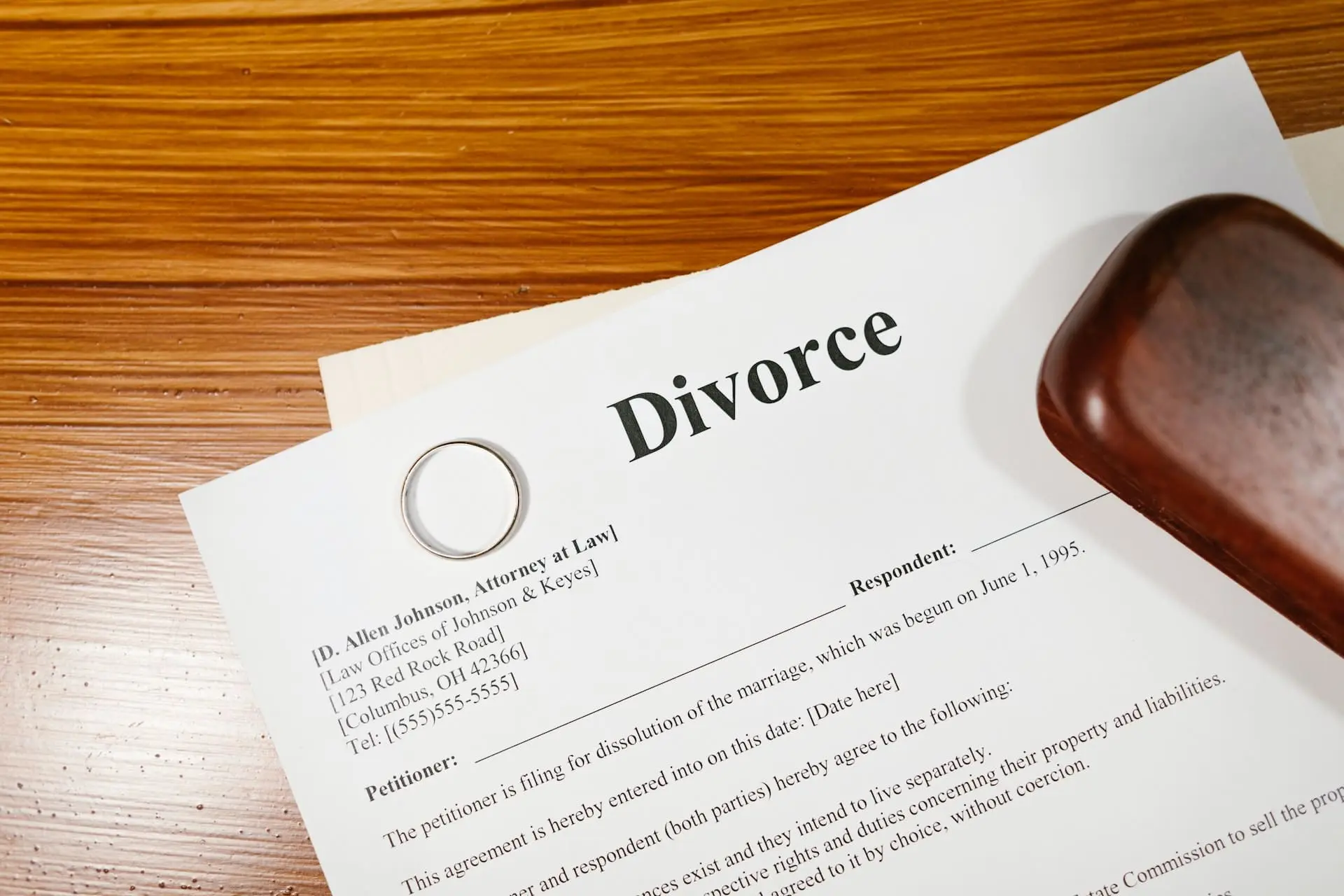Divorce proceedings can be emotionally challenging and legally complex, particularly when one is served with divorce papers. These documents mark the beginning of the formal legal process of ending a marriage and raise questions about one’s rights and obligations. In this article, we explore the implications of being served divorce papers and address the common query: “If I am served divorce papers, do I have to sign them?”
Understanding the Contents of Divorce Papers
Components of Divorce Papers
When served with divorce papers, commonly referred to as a petition for dissolution of marriage, it typically consists of two main components: the petition itself and a summons or notice of legal action. The petition outlines the initiating spouse’s claims and requests regarding issues such as asset division, child custody, and support. The summons serves as formal notification of the legal proceedings and informs the recipient of their legal rights and responsibilities.
Legal Rights and Responsibilities
Receiving divorce papers does not obligate one to sign them immediately. However, it does trigger certain legal rights and responsibilities. Individuals served with divorce papers have the right to respond to the allegations and requests outlined in the petition within a specified timeframe. Failure to respond may result in adverse legal consequences, including default judgments, wherein the court may proceed with the divorce based on the claims made by the initiating spouse.
Importance of Reviewing the Documents
It is crucial for individuals served with divorce papers to carefully review the documents and understand their contents. By reviewing the claims and requests made by the initiating spouse, recipients can assess the validity of the allegations and identify any discrepancies or inaccuracies. Additionally, reviewing the papers allows individuals to ascertain important deadlines and legal requirements for responding to the petition.
Options Upon Receiving Divorce Papers
Consulting with Legal Counsel
Upon receiving divorce papers, it is advisable to seek guidance from an experienced family law attorney. Legal counsel can provide valuable insights into one’s rights and options under the law. By consulting with an attorney, individuals can gain a clearer understanding of the legal process and receive personalized advice on how to proceed in their particular circumstances.
Responding to the Divorce Petition
One option upon receiving divorce papers is to respond to the petition. This may involve contesting the claims made by the initiating spouse, particularly if there are disagreements regarding issues such as asset division or child custody. Alternatively, individuals may choose to negotiate settlement terms with their spouse outside of court, potentially avoiding lengthy and costly litigation.
Declining to Sign
Some individuals may be hesitant to sign divorce papers for various reasons, such as disagreement with the claims made or a desire to contest the divorce. While signing the papers may expedite the process, it is not mandatory. However, failing to respond to the petition altogether can have serious legal consequences, including default judgments and loss of input in the divorce proceedings.
Potential Consequences of Signing or Not Signing
Signing the Papers
If one chooses to sign the divorce papers, it serves as an acknowledgment of receipt and agreement to the terms stated therein. Signing the papers does not necessarily indicate agreement with the claims made by the initiating spouse but rather signifies compliance with the legal process.
Not Signing the Papers
On the other hand, declining to sign the divorce papers may result in default judgments, wherein the court may grant the divorce based on the claims made by the initiating spouse due to the recipient’s failure to respond. Not signing the papers may also result in a loss of input in the process and limited opportunities to contest the allegations or negotiate settlement terms.
Legal Recourse Available
Individuals who choose not to sign divorce papers or fail to respond to the petition still have legal recourse available to them. They may challenge default judgments through legal means, such as filing motions to set aside the judgments or seeking legal representation to assist them in navigating the legal process. While failing to sign the papers can have consequences, it does not necessarily mean forfeiting one’s legal rights entirely.
Conclusion
In conclusion, being served with divorce papers raises complex legal questions and requires careful consideration of one’s rights and responsibilities under the law. While there is no legal obligation to sign divorce papers immediately, failing to respond to the petition can have serious legal consequences. By seeking guidance from legal professionals and understanding the implications of their decisions, individuals can navigate the divorce process with greater confidence and empowerment.


